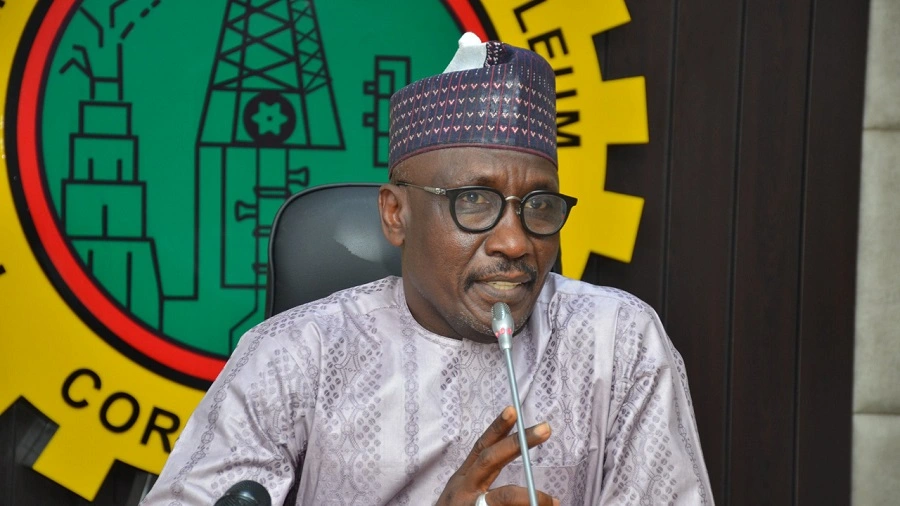Business News
Nigeria to open fuel importation to private firms, Starting June 2023 – Mele Kyari
The deregulation of the fuel market is a major policy shift for Nigeria. It is a sign that the government is committed to reducing its role in…

The Nigerian National Petroleum Company Limited (NNPCL) announced on June 3 that it will end crude oil swap contracts and switch to cash payments for fuel imports starting in June 2023. This move will open the fuel market to private firms, in line with President Bola Tinubu’s efforts to deregulate the market and alleviate the financial burden on the government.
The NNPCL currently imports about 70% of Nigeria’s fuel needs. The company has been using crude oil swap contracts to import fuel, which means that it exchanges crude oil for refined products. However, these contracts have been criticized for being opaque and for not providing the NNPCL with enough flexibility to meet the country’s fuel needs.
The switch to cash payments will give the NNPCL more control over its fuel imports. It will also allow private firms to enter the market, which could lead to increased competition and lower prices for consumers.
The deregulation of the fuel market is a major policy shift for Nigeria. It is a sign that the government is committed to reducing its role in the economy and to creating a more market-based system. The move is also expected to help to reduce the financial burden on the government, which has been struggling to meet its budget obligations. However, the move is a significant step towards a more market-based economy in Nigeria.
Reuters quoted Kyari saying:
- “In the last four months, we practically terminated all Direct Sale Direct Purchase (DSDP) contracts. And we now have an arm’s-length process where we can pay cash for the imports.
- “This is the first time NNPC has said it is terminating crude swap contracts. By importing less gasoline as private companies import the bulk, NNPC will be able to pay for its purchases in cash.”
Even though it was less than in prior months, NNPC was nevertheless allocating crude for fuel swaps for July loading, according to Reuters. The NNPC also allocated crude to the swap contracts held by the consortiums in its report on March’s crude oil loadings.
Mele Kyari reportedly informed Nigerians that new players would enter the market after the recent decision to raise petrol pump rates, according to a previous Nairametrics story. He stated in a recent interview with Arise TV:
- “Investors’ reluctance to come into the market all along was the subsidy regime and that regime does not guarantee repayments back to those who provided the product at subsidized prices. Now that the market regulates itself, oil marketing companies can actually import products or produce locally. They can take the product into the market, sell it and get their money back.”
What you should know
According to Kyari, NNPCL is only permitted to hold a maximum of 30% of the market going ahead, according to the Arise TV interview. He emphasized the fact that oil marketing corporations will be able to enter as soon as the market stabilizes.
Following the withdrawal of fuel subsidies by the Tinubu administration, Nigeria’s House of Representatives has ordered the Federal Government to halt all Direct Sales Direct Purchase (DSDP) contracts.
Read More Articles
5 Benefits of Fuel Subsidy Removal to Nigerians
Fuel Subsidy: How fuel marketers are making billions at the Expense of Nigerians
To curb inflation, Nigeria must stop fuel subsidy – World Bank
